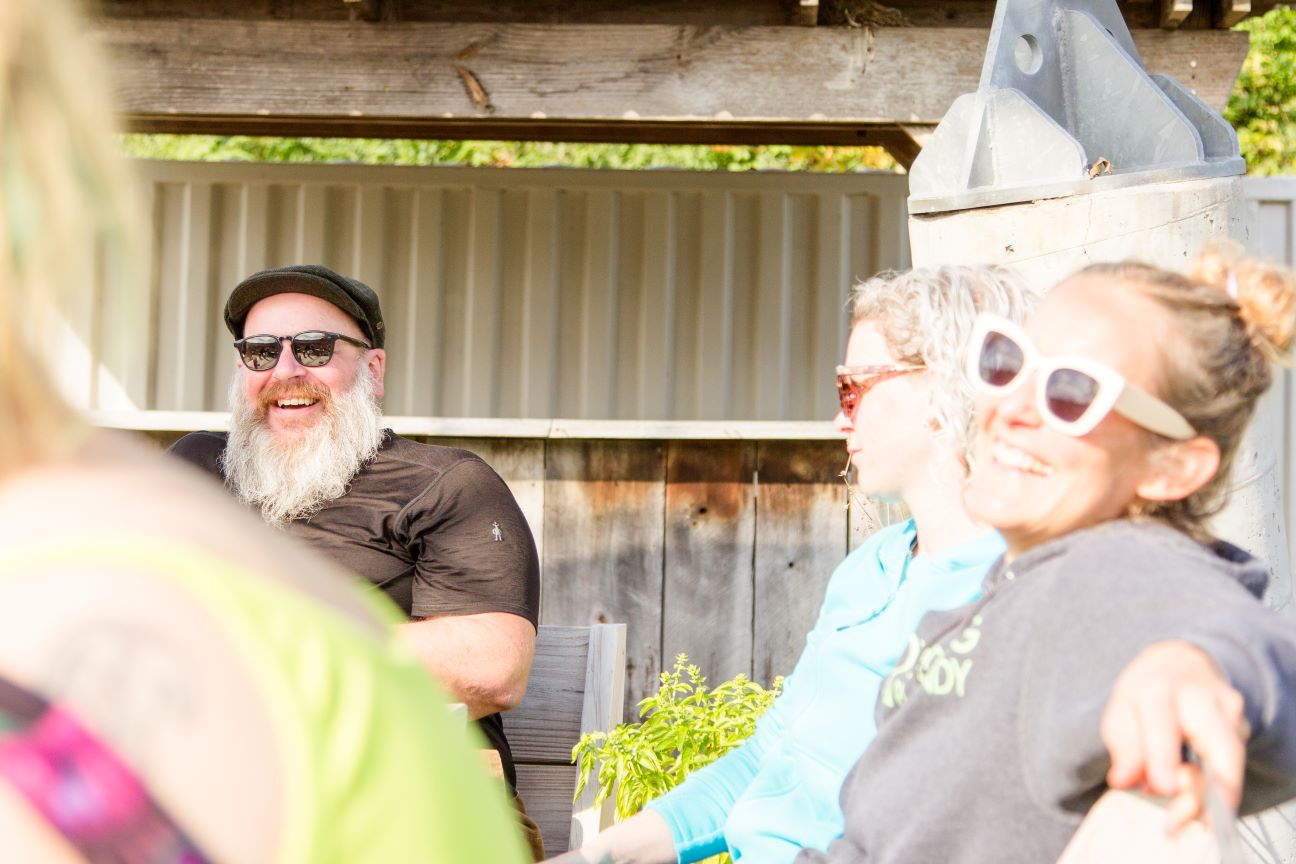What if we lost the option to choose chemical-free and organic produce, grass fed beef and dairy, humanely raised meats or an exclusively vegan diet? What if we lost our right to choose locally or sustainably grown foods? What if we lost the option to purchase those foods directly from farmers? What if direct from a farmer was the only way to ensure choice?
What if we lost the right to grow our own gardens and save our own seeds? What if we did not have the option to choose to eat foods that have not been genetically altered? What if all we had were groceries filled with chemically treated produce, meat and dairy laced with synthetic hormone, antibiotic, steroid and other residual chemical products, and aisle after aisle of highly processed boxed, bagged and bottled calories labeled and sold as food?
If you had all the choices in the world, you could eat anything and everything you want, what would you choose? Would you choose to eat foods that contribute to the destruction of the environment? How about foods grown and produced using inhumane labor practices? Does it sounds appetizing to eat foods produced in a system in which a food industry conglomerate owns or otherwise controls a farmer’s access to and selection of seeds, or animal breeds, or farming practices? How about food from a farm that has created air and water pollution to the point that farmers, fisherman, neighbors have become chronically ill or experienced neurological damage? Would you choose to eat primarily foods that will increase your chances of diabetes, obesity, cancer, heart disease, high cholesterol, asthma and other chronic diseases? If you faced any of these health problems, would you select foods that decrease your ability to heal and recover?
The reality is that probably each and every one of us would answer NO! to the questions above. And the reality is that probably each and every one of us eats these foods every day. Most people ONLY eat these foods and do not have the knowledge, access or financial means to choose from other options. Perhaps most ironically, this includes many American farmers and farmers worldwide who do no longer have the necessary local systems and community networks available to afford the choice to farm or eat outside the agribusiness system.
How do you want to feed your children? How do you want to feed to the world’s most vulnerable, most disadvantaged, most diseased, most hungry people? Would you choose whatever is most convenient, fast, cheap, and easy? Are fast, cheap, easy, empty calories the long-term solution? Do we care enough to commit to a better future by actively working to create a sustainable supply of real, whole, nutritious, health promoting food to break the cycle of poverty and hunger? Or is that idealistic, unrealistic? Or is it more than we are willing to invest for a certain low to loss financial return?
Retaining the power to choose what and how we eat and grow food is already an effectively become a privilege, and one that we must actually work very hard to maintain. We must care enough to educate ourselves and take action to protect the power of choice. It is no longer sufficient to vote with our forks alone. We must make time to be educated on the issues. We must know the issues facing the farmers, the producers, the food entrepreneurs, the restaurateurs, the school cafeterias, the local distributors, the doctors and teachers and the city and state planners. We must demand these issues be part of social and political conversation. We must empower or friends, and we must vote with our votes. Otherwise we will quickly, quietly and potentially entirely loose the power of choice.
Right now we still have the power of choice! Right here in Indianapolis organizations, farmers, locally based food businesses and individuals are working hard to create the path to a future in which choice could again be a right, not just a privilege. We must care enough to educate ourselves and take action to protect the power of choice. We must make time to be educated on the issues. We must know the issues facing the farmers, the producers, the food entrepreneurs, the restaurateurs, the school cafeterias, the local distributors, the doctors and teachers and the city and state planners. We must demand these issues be part of social and political conversation. We must empower our friends, and we must vote with our votes, as well as our forks.
Know enough to know that just because we want utopia, doesn’t make it so. We must recognize that the steps toward progress can only walk the path that exists, in the process of building a new one. Know enough not to be fooled by a wolf in sheep’s clothing – AND – Don’t let the perfect be the enemy of the good. Talk to those you disagree with, it’s one of the best ways to learn. Don’t give up or resign because it is hard or you don’t know enough yet. Stay involved.
This is a lifelong journey, but it’s one to which we must commit, whether we get to enjoy the future we’re working for ourselves, or whether our children or grandchildren enjoy a future of choice because of the work we do now.


